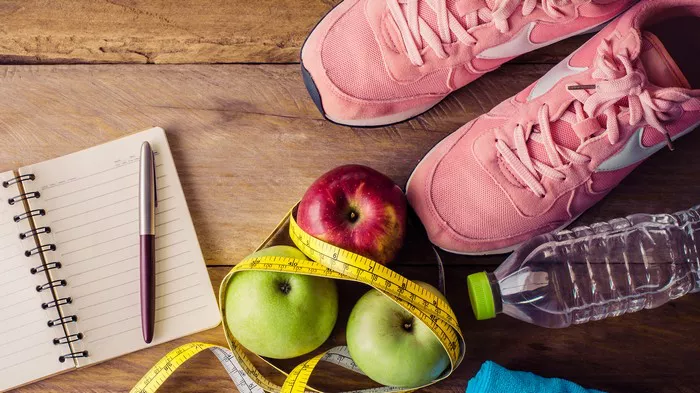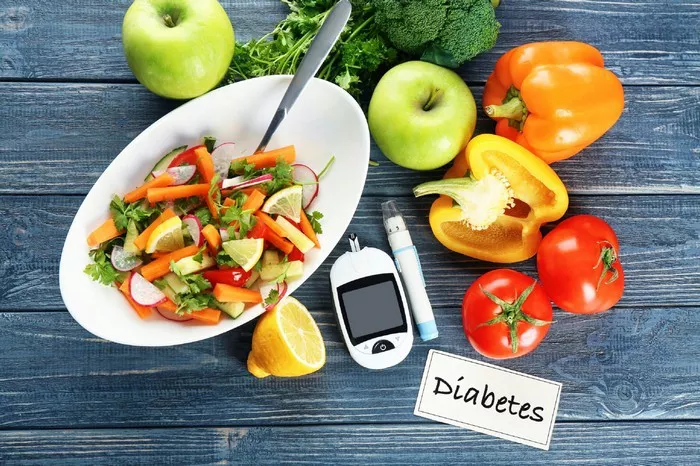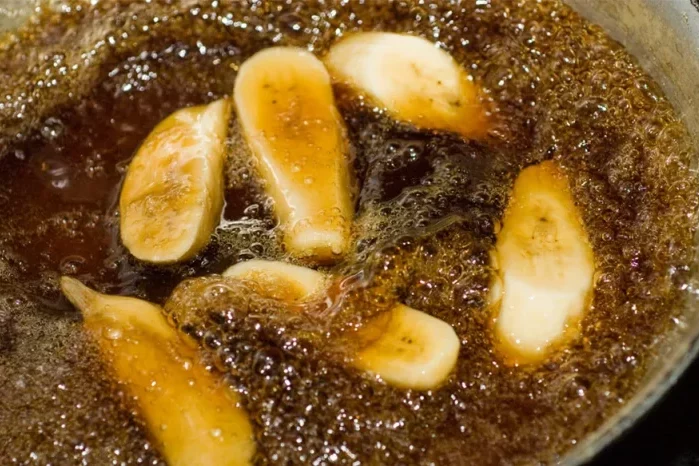Hypoglycemia, or low blood sugar, is a condition characterized by abnormally low levels of glucose in the bloodstream. It can occur in individuals with diabetes who take insulin or other glucose-lowering medications, as well as in those without diabetes under certain circumstances. Recognizing the symptoms of hypoglycemia and knowing how to address it promptly is crucial for maintaining optimal health and well-being.
Understanding Hypoglycemia
Hypoglycemia occurs when blood sugar levels drop below normal levels, typically below 70 milligrams per deciliter (mg/dL). Common symptoms of hypoglycemia include sweating, trembling, rapid heartbeat, confusion, dizziness, hunger, and irritability. In severe cases, hypoglycemia can lead to loss of consciousness, seizures, and coma.
Immediate Food Solutions
When experiencing hypoglycemia, it’s essential to consume foods or beverages that can quickly raise blood sugar levels. Some suitable options include:
Fruit juice (e.g., orange juice)
Regular soft drinks
Milk
Hard candies (e.g., glucose tablets)
Saltine crackers
Raisins
Sugar
Honey
Glucose tablets or gel
Carbohydrate Count
Each of the suggested food items contains approximately 15 grams of carbohydrates, which is the recommended amount to raise blood sugar levels effectively. It’s crucial to dose correctly to avoid overcompensating or under-treating hypoglycemia.
15-15 Rule
One way to manage hypoglycemia effectively is by following the 15-15 rule. This involves consuming 15 grams of carbohydrates, waiting 15 minutes, and then rechecking blood sugar levels. If blood sugar levels remain low, another 15 grams of carbohydrates may be needed, followed by another 15-minute wait and reassessment.
Long-Term Dietary Management
In addition to addressing immediate episodes of hypoglycemia, long-term dietary management plays a crucial role in preventing recurrent episodes. Maintaining stable blood sugar levels throughout the day can be achieved through regular meals and snacks that include a balance of lean proteins, complex carbohydrates, and foods high in soluble fiber. This helps to provide sustained energy and prevent fluctuations in blood sugar levels.
Preventive Measures
To prevent hypoglycemia from occurring, individuals should adhere to a consistent meal schedule, avoid skipping meals, and incorporate snacks into their daily routine, especially before periods of increased physical activity or extended periods without food. It’s also essential to monitor blood sugar levels regularly, especially for those taking insulin or other diabetes medications.
When to Seek Medical Help
While most episodes of hypoglycemia can be managed at home with the appropriate treatment, severe or prolonged symptoms may require medical attention. Individuals experiencing confusion, loss of consciousness, seizures, or other concerning symptoms should seek immediate medical help. Additionally, those with diabetes who experience recurrent hypoglycemia should consult their healthcare provider for further evaluation and adjustment of their treatment plan.
Personalized Advice
For individuals with diabetes or those at risk of hypoglycemia, it’s essential to seek personalized dietary advice from a registered dietitian or certified diabetes educator. These healthcare professionals can provide tailored recommendations based on individual needs, preferences, and medical history, helping to optimize blood sugar management and overall health.
Lifestyle Integration
Integrating these dietary practices into a healthy lifestyle is key to effectively managing hypoglycemia and promoting overall well-being. By adopting a balanced diet, adhering to regular meal patterns, monitoring blood sugar levels, and seeking appropriate medical guidance, individuals can take proactive steps to prevent and manage hypoglycemia effectively.
Conclusion
Hypoglycemia is a common and potentially serious condition that requires prompt recognition and appropriate management. By understanding the symptoms of hypoglycemia, knowing how to address it promptly with suitable foods or beverages, following the 15-15 rule, and adopting long-term dietary and lifestyle measures, individuals can effectively prevent and manage hypoglycemia, promoting optimal health and well-being.
Related Topics:
Do Not Eat These Food, If You Have High Blood Sugar


























